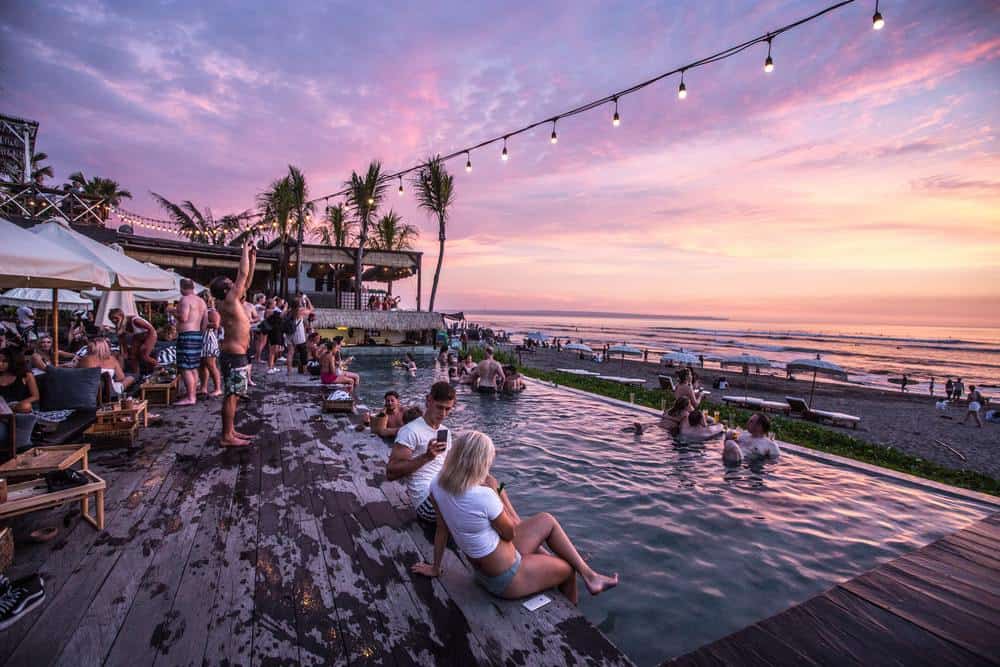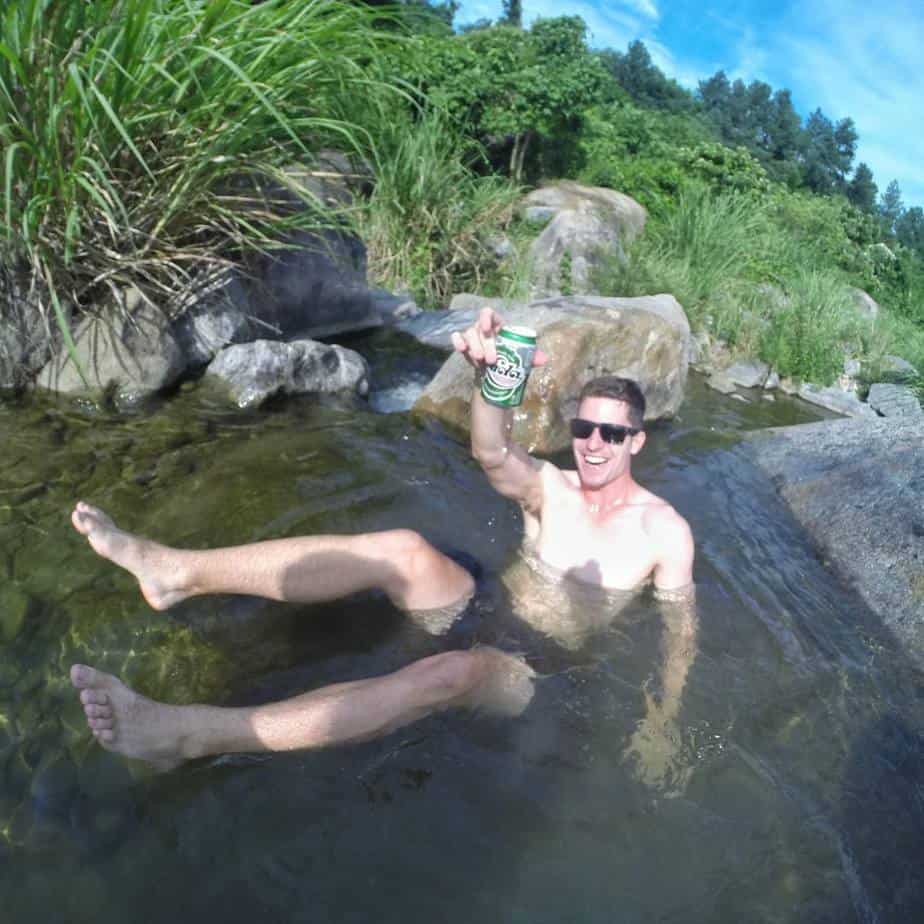Note: This post may contain affiliate links which means if you click on a link and purchase an item, we will receive an affiliate commission at no extra cost to you.
This is a clip from Episode 1 of the WeNomad podcast where David Lahav and I talk about the importance of finding your tribe by being strategic about where you live.
You can watch the full episode here. Aside from digital nomading, we also talk about making local businesses remote, overcoming limiting beliefs, and how to achieve internal freedom.
If you’d rather read, check out the clip’s key takeaways and polished transcript below:
Key Takeaways:
- Be strategic about where you live. Consider what type of community you want to be a part of and what type of people you want to associate yourself with.
- Consider your limiting beliefs and how they might be holding you back from living the life you want.
- Own your life. Realize that you’re the creator of your own reality and that you have the power to choose where you live and who you want to be part of your circle.
- Be open to change. Know that your life might look completely different in a year or two than it does now and be willing to go with the flow.
Video Transcript:
David:
I want to be a digital nomad, and I’m curious about e-commerce or productized businesses, then probably Chiang Mai is a really good place because there’s a really strong entrepreneurial community for that.
If I want to be in the movie business, I’d probably want to move to LA. There’s a really good community for that. So be strategic with that.
Cam:
Yeah, that’s a very good point. From our conversation, it feels like you spent a lot of time thinking about, “Where is my tribe or the people I want to be around? Where are they? Where’s the highest concentration of my tribe? Where can I carve out or where can I find a nice community that’ll feel like my tribe?”
And I thought about that, too. For me, I think my tribe is in Bali. That’s where I feel like I fit in the most and there’s the highest density of like-minded people.
I think that’s a really good point, and it makes me reflect. I’m from Boston. I spent the last month and a half in Boston. While there are lots of people that I love there and lots of people I really like, that’s absolutely not my tribe.
I think of Boston as being a very traditional city — people with traditional viewpoints of playing it safe and playing by the rules. It’s a completely different vibe than Bali, or even Boulder, or just other cities anywhere. But for some people, that’s their tribe.
Yeah, I really liked that point around being strategic there.
David:
And the thread that ties together both what we talked about with limiting beliefs and community and people is the realization that you’re a creator of your own life. So, it’s almost like getting a whiteboard.
What life do I want to create? What do I want my reality to be? What kind of people do I want to be around?
Cam:
The owner mentality. I like it.
David:
Yeah, I choose where I live. I can live anywhere in the world.
Cam:
I totally agree. It’s why back to the first topic around comments and people commenting about their limiting beliefs. I read those and I’m like, “If you’re not an owner in your life, you’re powerless.”
You’re an owner or you’re a passenger. And custom-building your life and feeling like you’re in the driver’s seat. Obviously, we’re only in the driver’s seat so much. There are some things that are out of control. But believing you’re in the driver’s seat, feeling like you’re in the driver’s seat, and controlling as much as you can control is a fantastic feeling.
David:
And there’s nothing in there. You can talk to some of these students that, “Hey, if you want, you can move to Bali.”
And then those people are going to say, “Oh, no. I can’t. I have family here. My job is here. I don’t have a passport.”
All these things. But you can do it, you just choose not to because it’s more comfortable for you. Or it’s scary. Or it requires you to not be close to your family or stop taking care of someone you’re taking care of.
But you still can do it. You’re just choosing not to.









Leave a Reply
View Comments